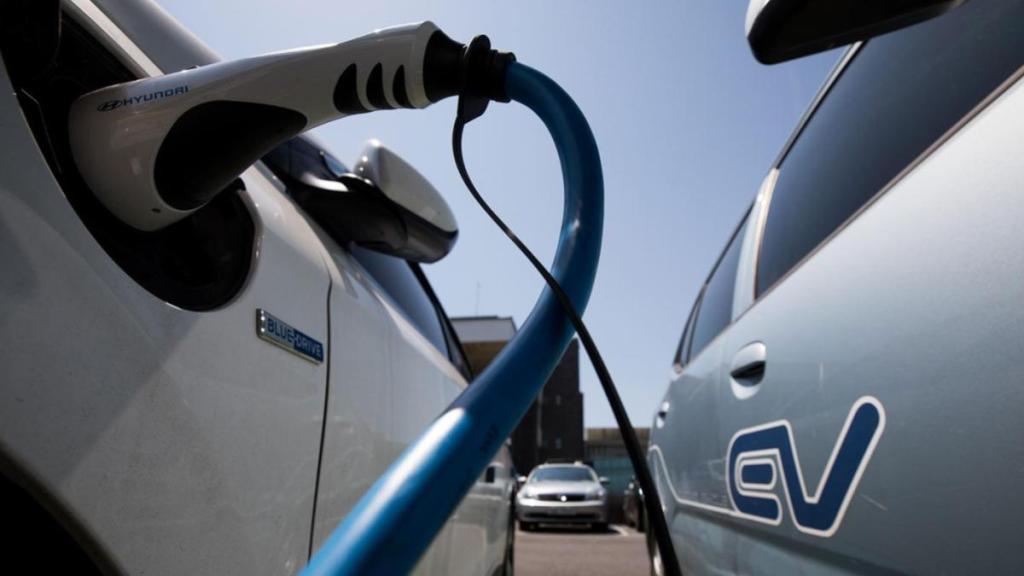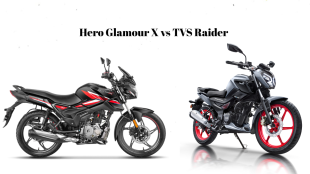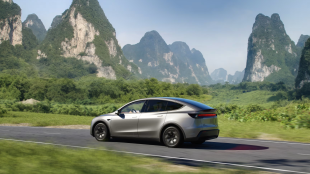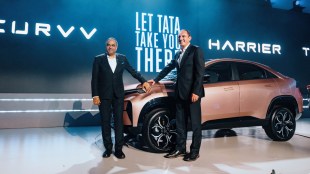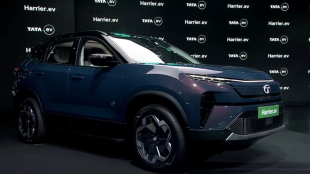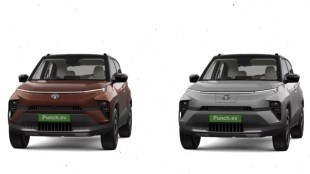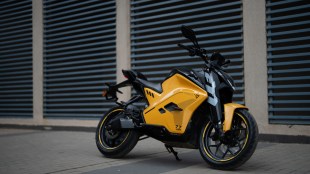The global automotive industry is in a transitional phase where traditional combustion engine (ICE) vehicles are slowly but gradually being replaced by cleaner forms of mobility like hybrids or battery electric vehicles (BEVs). In India, this transition has been a lot slower than other developed markets.
Indians aren’t known to be early adopters of change and this especially holds true when it comes to vehicle purchases. And switching from ICE to BEVs is a big deal for almost every vehicle buyer in India. Hence, the EV penetration in both passenger vehicle and two-wheeler segments remains far below expectations.
Deloitte released its global automotive consumer report for this year recently. The report lists out the primary reasons why Indians are hesitant on switching from ICE to EVs. Here are the top five reasons, according to Deloitte, which deter consumers to make the switch to EVs,
Charging
Charging is the biggest deterrent which prevents buyers from opting for a battery-powered vehicle. Around 39 percent of consumers are wary of the long charging time of the battery and hence, the report lists it out as one of the major reasons. Similarly 38 percent prefer not to go for an EV due to the lack of public charging infrastructure in the country.
Besides public charging stations, Indian households also lack the facilities to install a proper wall box charger which allows them to recharge their EVs at home. Around 27 percent fear the lack of a proper home charger. The other reason is the lack of any alternative sources of electrical energy such as solar panels in the market as of now. Solar cells will draw energy the sun’s rays which eliminate the need for external charging.
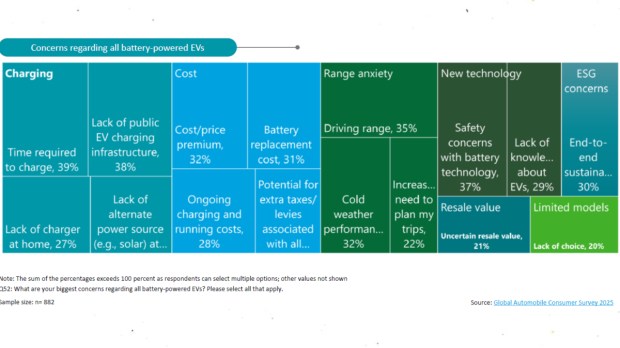
Cost
Around 32 percent Indians are discouraged by the high initial prices of EVs as compared to traditional ICE vehicles. Around 60 percent of the total cost of an EV is accounted for by the battery. Further, many components in EVs are sourced from foreign countries which pushes the cost of EVs northwards. Speaking of battery, 31 percent users don’t intend to pay the battery replacement cost.
The survey reports that 28 percent users believe that average running costs of an EV including charging and other regular maintenance, would be higher than those of ICE counterparts. A certain section of consumers fear the potential extra taxes levied on EVs will end up costing more than the regular ICE vehicles.
Range Anxiety
Range anxiety isn’t something which is thrown around casually, as Indians looking to buy EVs genuinely suffer from this. Around 35 percent users don’t trust the driving range claimed by the manufacturer, since a real-world range is more often less than what is tested by the company in a controlled environment. Users are also hesitant to adopt EVs since they are wary of factors like cold weather and high altitude that may significantly impact the range of an EV.
Further, since charging infrastructure is at an infant stage in India, people who love to venture outstations may find EVs unsuitable to their needs. 22 per cent of the survey participants will not opt for EVs since limited range and charging infrastructure makes them unreliable when long drives beyond the vicinity of habitat.
New technologies
Modern vehicles, particularly EVs, are essentially gadgets on wheels. Sometimes the inclusion of technology is overwhelming for users, especially the older generation. Hence, in India, people with money looking to buy an EV, who are usually above the age of 50 years, are not fond of too many features in their vehicles. Such people account for 29 percent of potential customers.
ESG concerns
Around 30 percent of customers are concerned about end-to-end sustainability goals (ESG). End-to-end sustainability goals for EVs focus on minimizing environmental impact throughout the vehicle lifecycle—raw material extraction, manufacturing, energy-efficient operation, and eco-friendly disposal or recycling. These goals aim to reduce carbon emissions, promote renewable energy use, and ensure responsible sourcing and waste management across the EV supply chain.
